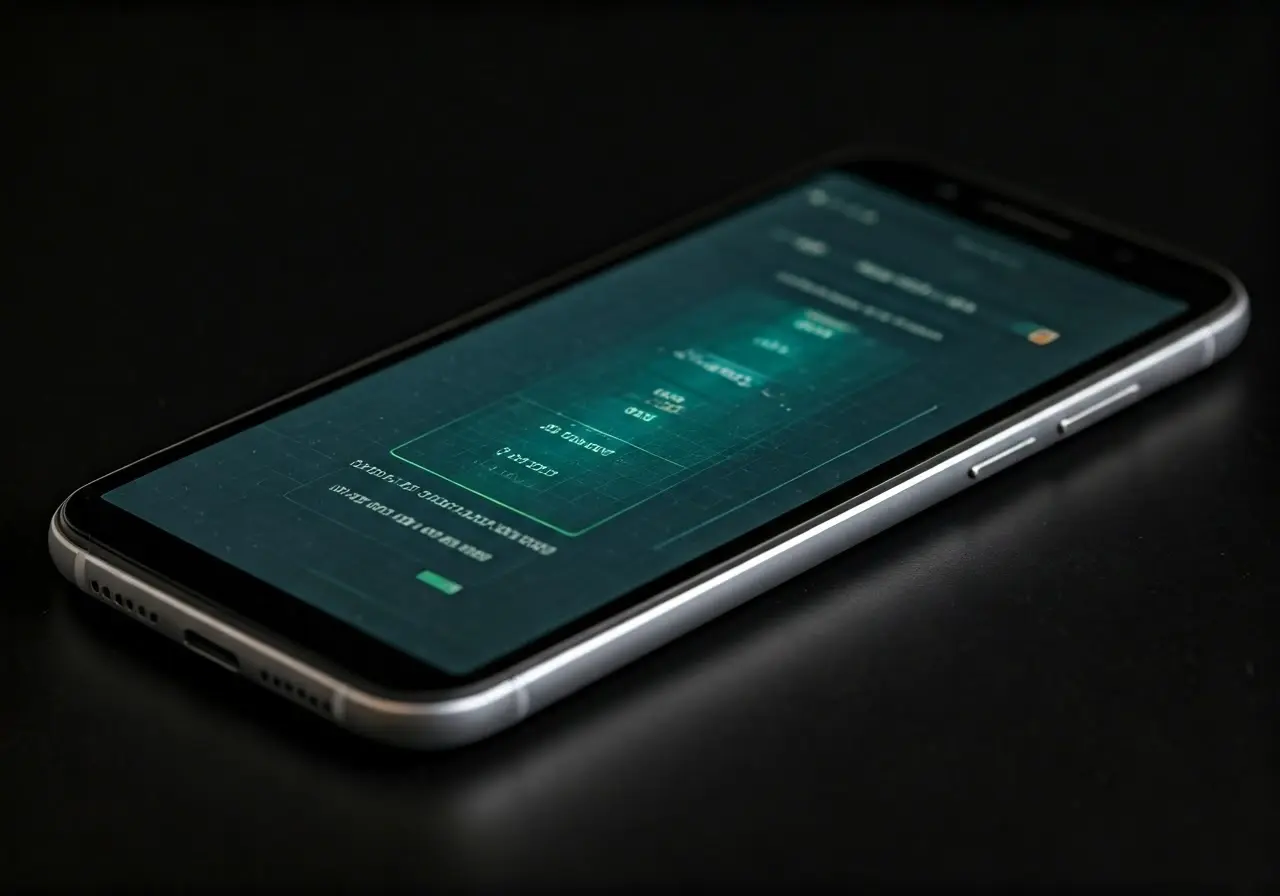How Can Mobile Forensics Help in Criminal Defense Cases?
In the modern world, mobile phones are more than just communication devices—they hold a vast amount of personal information. This makes them valuable in criminal defense cases. Let's explore how mobile forensics can be a powerful tool for defense attorneys.
Understanding Mobile Forensics
Mobile forensics involves extracting and analyzing data from mobile devices. This can include text messages, call logs, emails, and GPS data.
The field of mobile forensics has rapidly evolved, becoming an essential component in legal investigations. With society's increasing reliance on mobile technology, nearly every aspect of our digital lives can be captured within our devices. This makes mobile forensics a key ally in uncovering the truth in criminal defense cases.
Our everyday activities, such as browsing the internet, texting friends, or using apps, create digital footprints. These footprints can be meticulously analyzed by forensic experts to uncover detailed insights into critical aspects of a case, making mobile forensics not only about retrieval but also about interpretation.
Types of Data Available from Mobile Devices
Mobile devices store various data types, including SMS, social media interactions, photos, and application data. This information can provide significant insights into a case.
Social media interactions offer a window into the communication patterns and personal relationships of an individual. By analyzing these exchanges, defense attorneys can garner context that might suggest alternate narratives or motives relevant to a case.
Mobile forensics is capable of extracting hidden and deleted files, which can prove critical in certain cases. While the data might appear to the naked eye as gone, forensic experts can retrieve this information, potentially unveiling new evidence or clarifying existing testimonies.
Role of Mobile Forensics in Creating Timelines
By analyzing data, experts can construct timelines of events, providing context and clarity to incidents surrounding a criminal case.
Accurate timelines can be an advocate's best friend when challenging or confirming the statements and alibis presented in court. The chronological order of calls, messages, and app usage patterns can act as silent witnesses, corroborating or contradicting testimonies given during the trial.
Furthermore, by piecing together location data from GPS logs, timelines can also reveal a person's movements, which can be pivotal in criminal defense. With a precise understanding of where someone was when an incident occurred, the establishment of alibis becomes substantially stronger.
Debunking Misleading Evidence
Mobile forensics can help debunk misleading evidence by verifying the authenticity of communications and pinpointing any alterations.
In a world where digital manipulation is increasingly sophisticated, the authenticity of evidence is paramount. Mobile forensics helps discern fake from factual by detecting any forgery or tampering in communication records, thereby safeguarding justice.
Beyond verifying communications, mobile forensics can identify spyware or malicious software that might have been used to plant false evidence. This is crucial in ensuring that justice is based on legitimate facts rather than deceit.
Protecting Privacy While Using Mobile Forensics
It's crucial to balance the investigation with privacy rights. Understanding legal frameworks and obtaining proper authorization is key.
Privacy invasions are a grave concern in digital investigations, and mobile forensics is no exception. Acknowledging these boundaries and adhering to legal procedures not only respects individual rights but also upholds the integrity of the evidence collected.
To maintain ethical and legal standards, professionals must work closely with legal representatives to navigate the complex landscape of privacy laws, ensuring any data gathered is admissible in court. This collaboration also fosters a transparent investigation process that benefits the judicial pursuit of truth.
Harnessing Mobile Forensics in Defense Strategies
Mobile forensics can be a game-changer in criminal defense cases. By meticulously examining digital evidence, lawyers can provide critical insights and arguments that might be pivotal in the courtroom.

